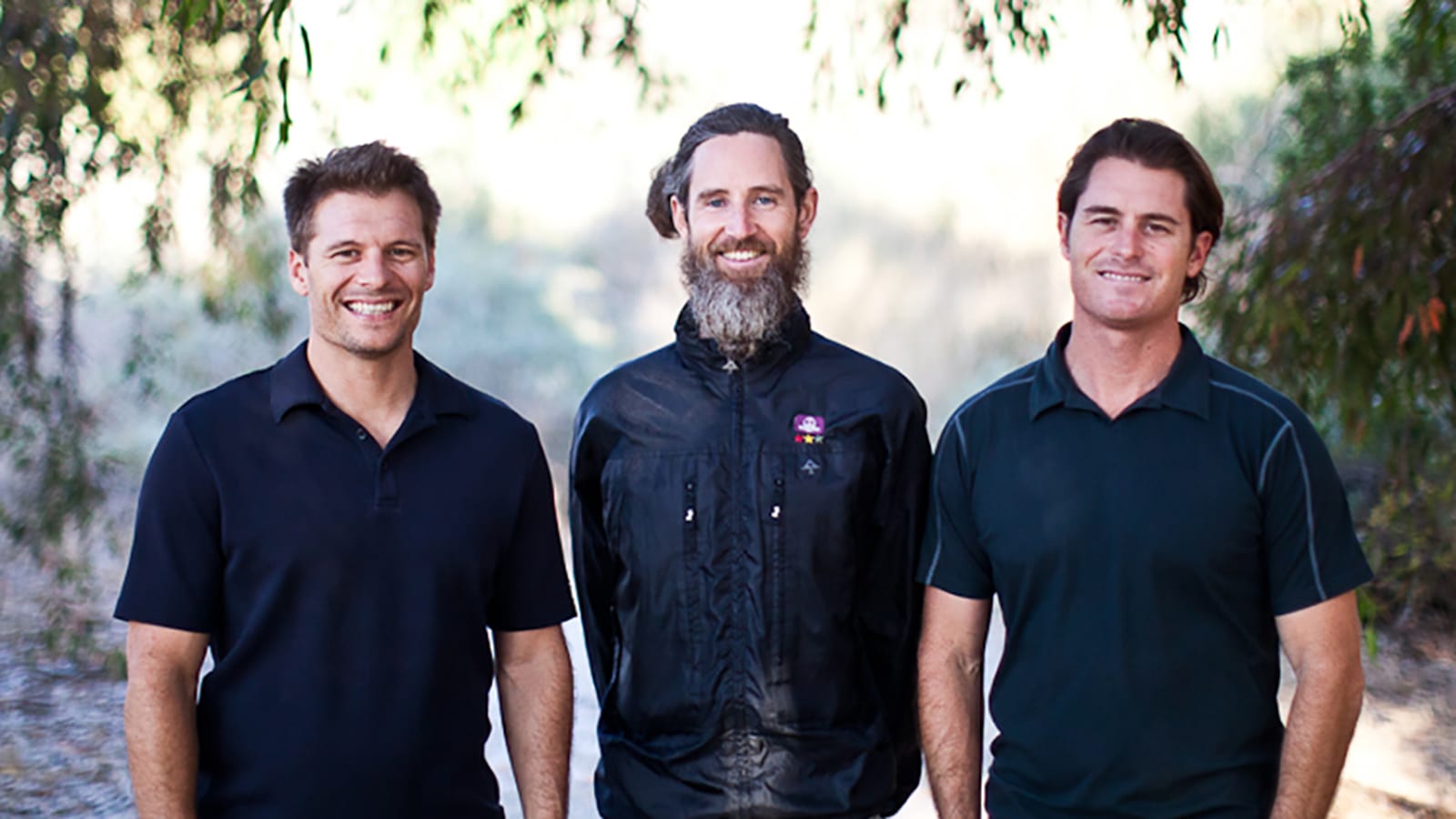Producer Partnerships: Sambazon Acai
This article was originally published in October 2018

Sambazon founders Ryan, Jeremy and Ed first discovered acai on a New Year’s surfing trip in Brazil 18 years ago. They fell in love with the country, the culture, the beach — and the new super fruit they discovered there. They returned to Brazil to visit the Amazon and it was on that second trip that they realized the challenges facing those rural communities. Many of the people they met in the Amazon made their living by selling trees for wood, a livelihood that kept them in poverty and contributed to depleting the Amazon rainforest, the “lungs of the world.” Their only other option seemed to be leaving their rural homelands and moving to urban areas to generate an income — splitting families who often still were living in poverty. The founders saw another path.
Acai (pronounced ah-sigh-ee) is a palm fruit. It’s one of more than 200 fruits currently growing in the Amazon. This purple fruit is full of antioxidants, healthy omega fats, and vital nutrients. Acai is naturally sugar-free and often is prepared by blending into a thick smoothie bowl that is topped with granola and fresh fruit. The berries are still picked by hand, as they have been for centuries.
Sambazon purchases the acai fruit directly from the growers, creating an opportunity for people to work in their home communities. Sambazon is the first and only fair trade certified acai company in the world, providing a model for others.
Sambazon’s ECOCERT Fair Trade certification guarantees more than just fair wages for workers. It ensures ethical, social, health, environmental and developmental support. The company purchases fruit from more than 30,000 family farmers who harvest this berry without harming the trees — leading to the protection of more than 2.5 million acres of Amazon rainforest. In addition, Sambazon donates 5 percent of the acai spending budget back to the harvesting communities. The projects funded are chosen by the community, for the community, and include support to local schools, health clinics, and nursing homes.
The company also prioritizes sustainability. For example, 90 percent of the acai berry is the seed, generally discarded as a waste product. The Sambazon on-site processing plant relies on a furnace that burns plant seeds rather than wood. Other seeds are donated to women’s cooperatives where they are turned into jewelry for sale. The name, Sambazon, is derived from the goal of “sustainable management of the Brazilian Amazon.”
Find frozen Sambazon acai smoothie packs and fresh acai juice in all PCC stores.
